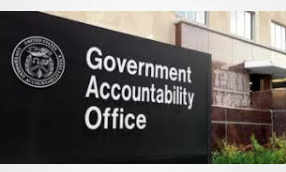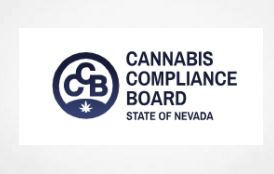Authored By: William F. McDevitt, Esq.
On March 23, 2018, the New Jersey Department of Health (DOH) released a review of the state’s eight-year-old medical marijuana program in its Executive Order No. 6 Report (Report). On March 27, New Jersey Governor Phil Murphy announced that many of the DOH’s wide-ranging recommendations would be implemented immediately. Additional recommendations will be explored through legislative and regulatory procedures.
The Report suggests that Pennsylvania’s two-year-old medical marijuana program may be influencing policy makers in the Garden State. Several aspects of Pennsylvania’s program are now being adopted or pursued in New Jersey:
- New Jersey’s Alternative Treatment Centers (ATCs) will be allowed to operate satellite locations. This mirrors Pennsylvania’s program, where each of the 27 currently licensed dispensaries can operate up to three locations (each subject to regulatory approval), and Integrated Clinical Registrants (ICRs), when eventually licensed, will be permitted to operate up to six locations.
- New Jersey is exploring whether there are sufficient resources in the state to support quality control testing by outside laboratories. Pennsylvania has separate temporary regulations relating to outside labs, four of which are presently permitted to provide support services to 12 licensed grower/producers.
- New Jersey also will explore lifting the nonprofit requirement on ATCs. At present, none of Pennsylvania’s grower/processors or dispensaries is a nonprofit entity. However, Pennsylvania will issue permits for up to eight ICRs, which receive special benefits in exchange for partnering with medical schools (many of which are nonprofit) and advancing medical research on cannabis.
New Jersey is also implementing or exploring innovative policies that could be a model for changes in Pennsylvania:
- New Jersey will recognize anxiety, migraines and Tourette’s syndrome as conditions that may be treated with cannabis. It has been reported that Pennsylvania’s Medical Marijuana Advisory Board is considering recommending an expansion of the 17 qualifying medical conditions for receiving medical cannabis. New Jersey’s positive example could significantly benefit Pennsylvania patients.
- New Jersey is eliminating the mandatory public registry of physicians who are permitted to authorize medical marijuana. Doctors may elect to appear on a voluntary registry to help patients find treatment. It has been suggested that mandatory physician registries may be linked to low physician participation. The potential effect of New Jersey’s voluntary registry program may influence other states that have mandatory registries, including Pennsylvania and New York.
- New Jersey will allow each patient to have up to two primary caregivers. This is an especially important change for minors. Parents or guardians who do not cohabitate can each seek qualification to legally provide medical cannabis to children suffering from seizure disorders or any other qualifying medical condition. Conceivably, while children are at school, a teacher, school nurse or administrator could qualify to provide medication to them. This could represent a significant increase in care in New Jersey or any other state adopting this reform.
Every state can learn from the successes and difficulties of its neighbors. In the medical cannabis arena, regulators and legislators are obviously studying the varying paradigms of their neighbors and making a concerted effort to increase access to treatment.
About the Author
William F. McDevitt is a partner in the Philadelphia office of national law firm Wilson Elser, where he is a member of the firm’s Cannabis Law practice. He can be reached at [email protected].

















